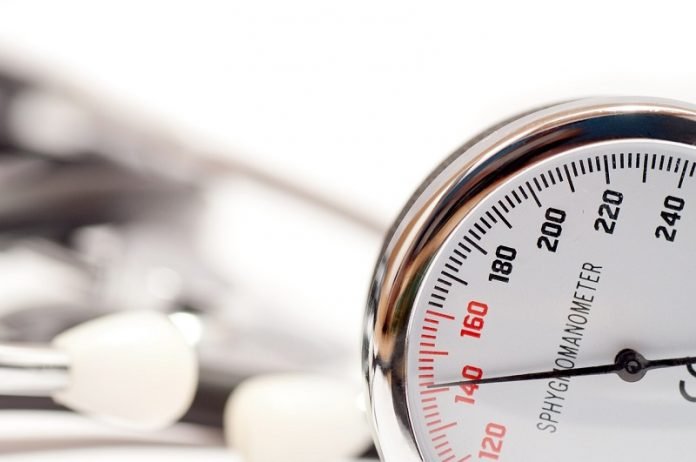
In a new study, researchers found that intensively lowering high blood pressure could benefit people with type 2 diabetes.
The research was conducted by an international team from Europe and the U.S.
Doctors have had different opinions about what level of blood pressure is safe for someone with diabetes.
Some believe that reducing high blood pressure intensively could improve patients’ health, but others disagree.
In the study, the team examined whether intensive treatment of high blood pressure could help reduce heart disease risk.
They tested 10,948 people with type 2 diabetes in 20 countries and gave them treatment to keep their blood pressure levels at 130/80 or below.
They found that during the 4-year follow-up period, the intensive treatment of high blood pressure reduced death and heart disease events.
These patients had fewer heart attacks, strokes and other complications than patients who received a placebo treatment.
In addition, the intensive-treatment group had fewer deaths regardless of their initial blood pressure.
The main side effects of the treatment included cough or hypotension/dizziness.
Guidelines released in 2017 by the American Heart Association and the American College of Cardiology recommend a goal of 130/80 in controlling high blood pressure.
Under the new guidelines, 2.9 million more adults could be categorized as having high blood pressure.
The current study finding backs that lower threshold and shows that intensively lowering blood pressure could benefit diabetic patients’ health.
The team says that keeping blood pressure thresholds at 130/80 or below should be an aim to achieve in people with type 2 diabetes.
The finding helps resolve some ongoing confusion over optimal blood pressure targets for people with diabetes.
The senior author of the study is J. Bill McEvoy, National University of Ireland.
The study is published in the AHA’s journal Hypertension.
Copyright © 2019 Knowridge Science Report. All rights reserved.



